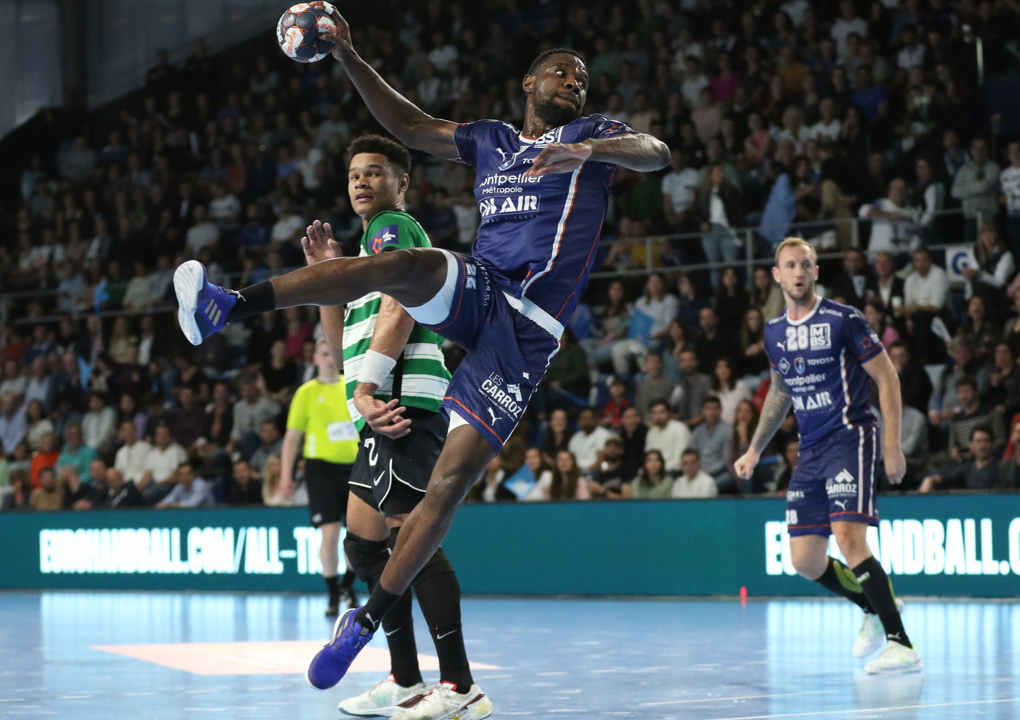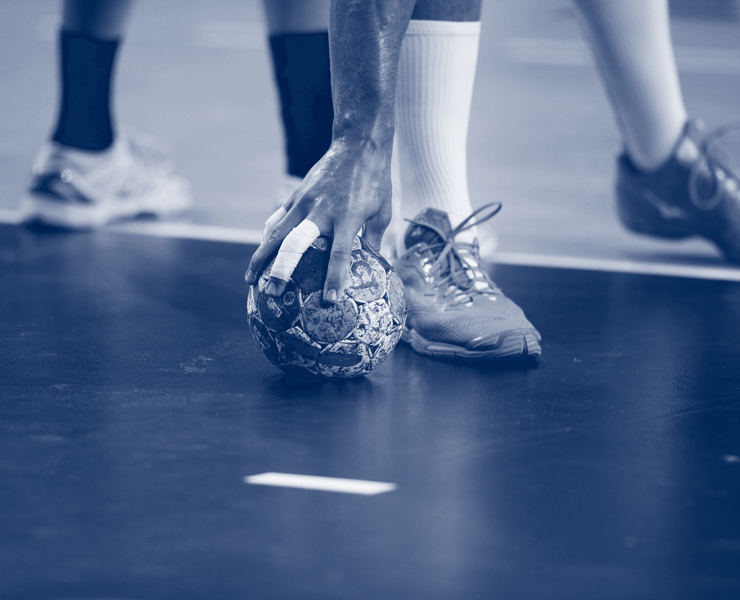Trophies: Winning the EHF Cup four times between 2011 and 2017, Frisch Auf Göppingen have the highest number of EHF silverware in their cabinet. Team captain Tim Kneule is the only current player who was part of all four winning teams. The remaining trio have each won two EHF trophies; Montpellier were EHF Champions League winners in 2003 and 2018, while Berlin (2015, 2018) and Granollers (1995, 1996) have won the EHF Cup twice each.
Season results: Füchse Berlin became the first team since the implementation of the European League to win all ten group matches, then added two wins in the play-offs, but almost stumbled after their so-far only defeat in the first leg of the quarter-final at Schaffhausen. Having a balance of 13 wins, zero draws and only one defeat, Berlin are ahead of Göppingen (12-0-2), the only team which won all four knock-out matches after the group stage. Montpellier have won 11 matches, tied once and lost two, while Granollers outcome is eight wins, one draw and five defeats - but the Spaniards knew when they needed to win.
Final tournament experience: Berlin play their eighth final tournament since 2012 in three different competitions: in 2012 in the EHF Champions League, in 2014, 2015, 2017, 2018, 2019 in the EHF Cup, in 2021 and 2023 in the European League - and made it to five consecutive finals from 2015 to 2021, winning the trophy twice. When they lost a final, it was always against a German opponent: 2017 against Göppingen, 2019 against Kiel and 2021 against Magdeburg. Göppingen had an EHF Finals hat-trick from 2016 to 2018 and were part of the 2013 event, while Magdeburg have their third final tournament ahead after the EHF Finals in 2014 and the victorious EHF FINAL4 2018 in Cologne. Granollers was - like their semi opponent Göppingen - part of the EHF Finals in 2016.








